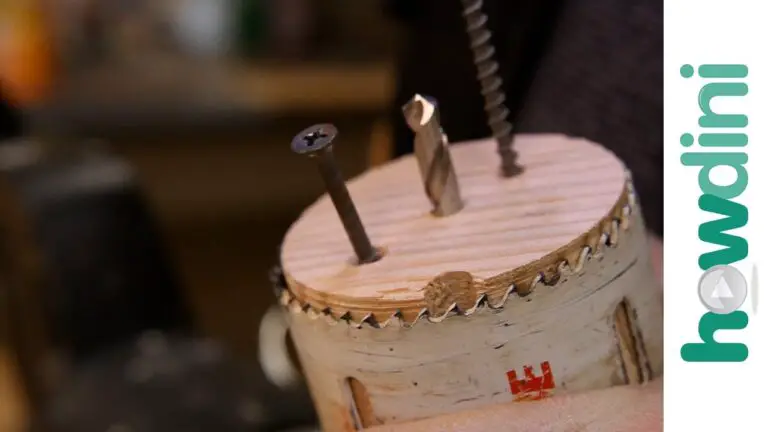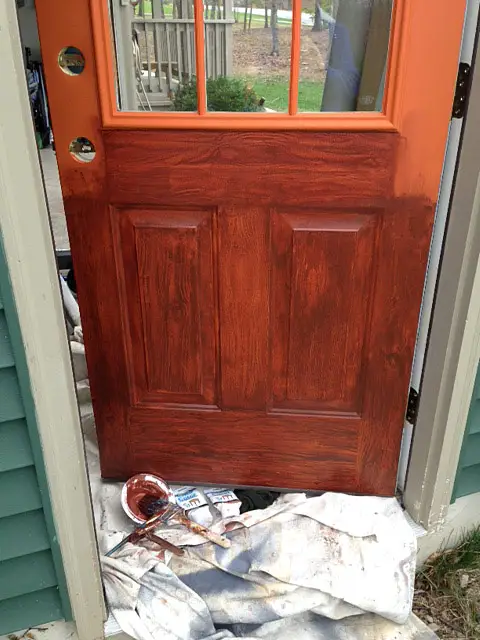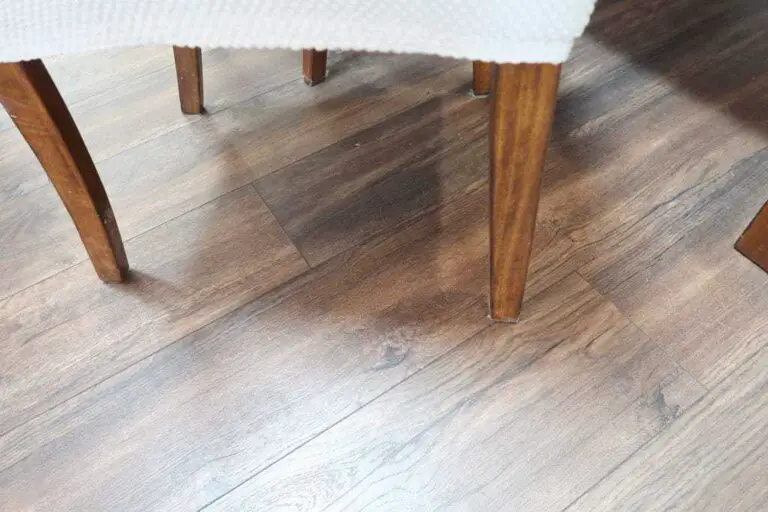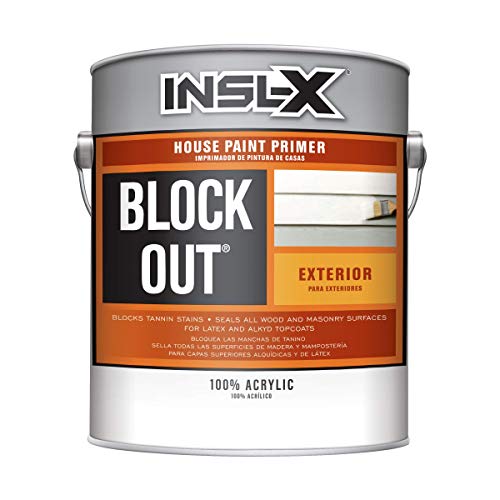What is the Best Wood for a Fence : Expert Tips for Long-Lasting Results
When it comes to choosing the best wood for your fence, there are a variety of factors to consider. From the type of wood to its durability and aesthetic appeal, selecting the right wood for your fence is essential for ensuring its longevity and performance. In this comprehensive guide, we’ll explore the different types of wood commonly used for fences and provide insight into which wood species may be the best fit for your specific needs.
Factors to Consider When Choosing Wood for a Fence
Before diving into the specific types of wood for fences, it’s important to understand the key factors that should influence your decision:
- Durability: The ability of the wood to resist rot, decay, and insect infestation.
- Maintenance: How much upkeep and maintenance the wood will require over time.
- Aesthetic: The overall look and appearance of the wood, including its grain and color.
- Cost: The initial cost of the wood and any long-term expenses associated with maintenance.
Common Types of Wood for Fences
There are several popular wood species used for constructing fences, each with its own unique characteristics and benefits. Let’s take a look at some of the best options:
| Wood Type | Durability | Maintenance | Aesthetic | Cost |
|---|---|---|---|---|
| Cedar | High | Low | Natural, Aromatic | Moderate |
| Redwood | High | Low | Rich, Warm Tones | High |
| Pine | Medium | High | Affordable, Knotty | Low |
| Spruce | Low to Medium | High | Light, Natural | Low |
Cedar
Cedar is a popular choice for fence construction due to its natural resistance to rot and insect infestation. Its pleasant aroma and rich, warm tones make it an attractive option for homeowners looking for a natural, rustic look. While cedar may have a slightly higher initial cost, its low maintenance requirements and durability make it a cost-effective choice in the long run.
Redwood
Redwood is known for its striking appearance, with rich, warm tones that add an elegant touch to any property. It boasts high durability and natural resistance to decay, making it a top choice for fence construction. However, its higher cost may be a deterrent for budget-conscious homeowners.
Pine
Pine is a more affordable option for those seeking a classic, knotty appearance for their fence. While it may not offer the same level of durability as cedar or redwood, proper treatment and maintenance can help extend its lifespan. However, it requires more maintenance than other wood types, which should be considered when weighing the long-term costs.
Spruce
Spruce is a budget-friendly wood option that offers a light, natural appearance for fences. While it may not have the same level of durability as cedar or redwood, it can still be a suitable choice for homeowners on a tight budget. However, its susceptibility to decay and insect damage may result in higher maintenance costs over time.

Credit: stockandnoble.com.au
Frequently Asked Questions On What Is The Best Wood For A Fence : Expert Tips For Long-lasting Results
What Type Of Wood Is Best For A Fence?
Cedar is the best choice for its durability, resistance to decay, and beautiful appearance.
Is Pressure-treated Wood Good For Fencing?
Yes, pressure-treated wood is suitable for fencing due to its resistance to rot and insects.
Can I Use Pine For My Fence?
Pine is a cost-effective option, but it requires regular maintenance due to its susceptibility to rot.
What Are The Benefits Of Using Redwood For A Fence?
Redwood is naturally resistant to decay and has a stunning appearance, making it an excellent choice for fencing.
Conclusion
Ultimately, the best wood for your fence will depend on your specific needs, budget, and aesthetic preferences. Cedar and redwood are excellent choices for those seeking high durability and low maintenance, while pine and spruce offer budget-friendly options with varying levels of upkeep required. By carefully considering the factors mentioned in this guide, you can confidently select the best wood for your fence and enjoy a beautiful, long-lasting addition to your property.






